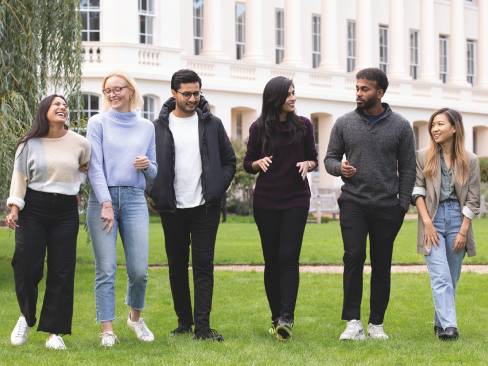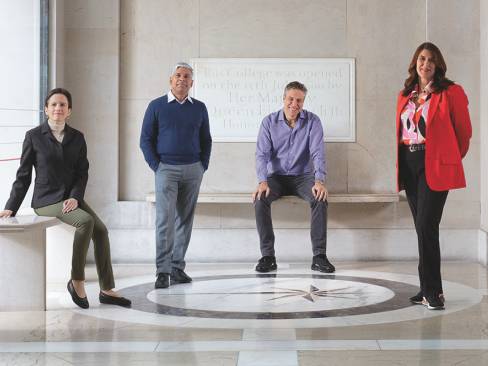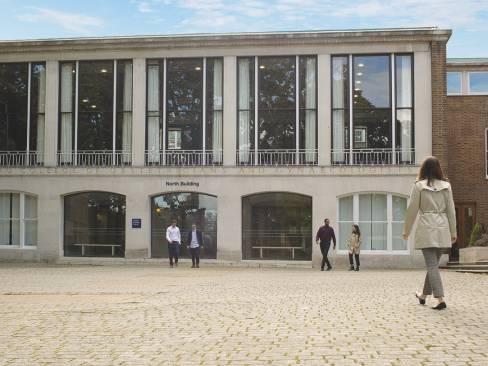Succession: top planning tips from Farrer & Co
In response to the diverse and evolving needs of our alumni, who hold business and personal interests in the UK and all over the world, we were pleased to host Will Cudmore and Alicia Tan from Farrer & Co, an independent law firm in London, on campus for a session packed full of practical advice about managing personal assets and legacies. They shared the following useful insights:
Non-UK and tangible assets
If you have been a UK resident for ten years or more (in the last 20 years, from 6 April 2025), your non-UK assets may be subject to inheritance tax.
There is no legal default for chattel, so it’s essential to plan for your tangible, as well as your financial, assets.
Spousal laws
UK inheritance law means you must leave reasonable financial provisions to your spouse.
In England, marriage revokes wills previously made (in Scotland, it’s also the birth of a first-born child).
Privacy
All UK wills are publicly accessible, so it’s crucial to find a balance between privacy and specificity. Creating a trust may be a useful solution to retain privacy, but it comes with its own challenges, such as selecting suitable trustees.
Verify intention
Even if wills are created through free services or updated independently, it is useful to have solicitor evidence and to verify intention (e.g., by providing transcripts of decision-making).
Will and Alicia also shared some general advice, such as the importance of leaving a letter explaining your intentions with your will or discussing your plans in person with beneficiaries. Some people use their will to even out an imbalance in lifetime giving, so including an explanation can avoid family rifts. Writing a will earlier in life is also particularly important for those with unmarried partners or to handle guardianship of children.
The session also touched on the topic of philanthropic giving. Leaving a gift in your will can create a lasting legacy by supporting causes you care about, ensuring your values and priorities continue to make a difference after your lifetime. It can also reduce inheritance tax rates in the UK and abroad – for example, in the UK, inheritance tax is payable on all assets exceeding £325,000 unless they are passed on to a surviving spouse or a charity.
Simon Hills MSc13(1980) has chosen to leave LBS a gift in his will. He says, “In addition to regular giving during my lifetime, it’s important to me (as well as tax efficient) to leave a gift in my will, to ensure that my desire to help future generations lives on when I’m gone.
I hope that my support will enable a wider range of people to benefit from the great education that London Business School gives, regardless of their personal wealth. Knowing that I’m shaping the School’s future even beyond my lifetime feels great.”

If you’d like to discuss leaving a gift in your will to London Business School, please contact Sarah Theobald-Palmer on stheobald-palmer@london.edu.





